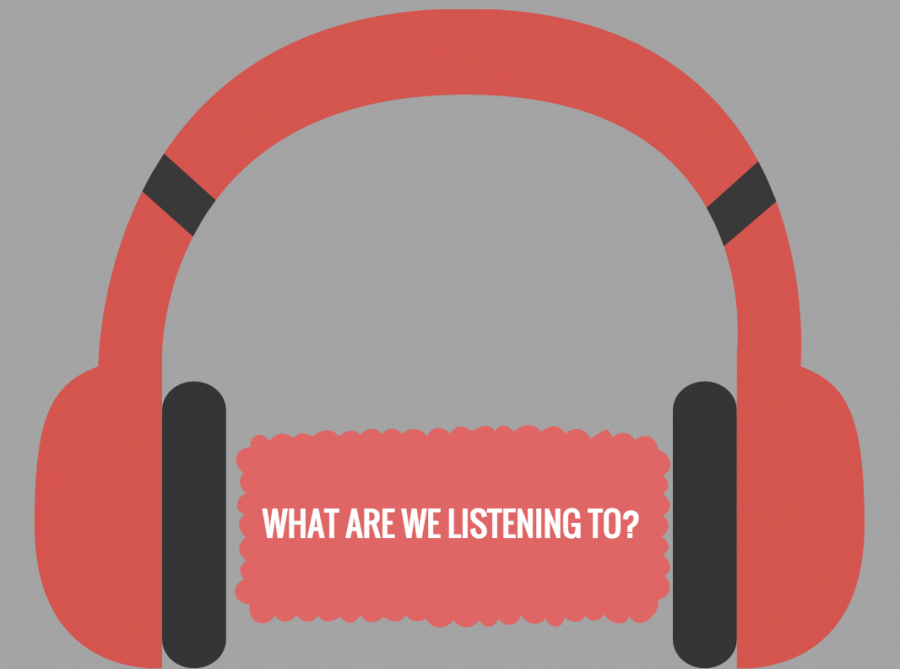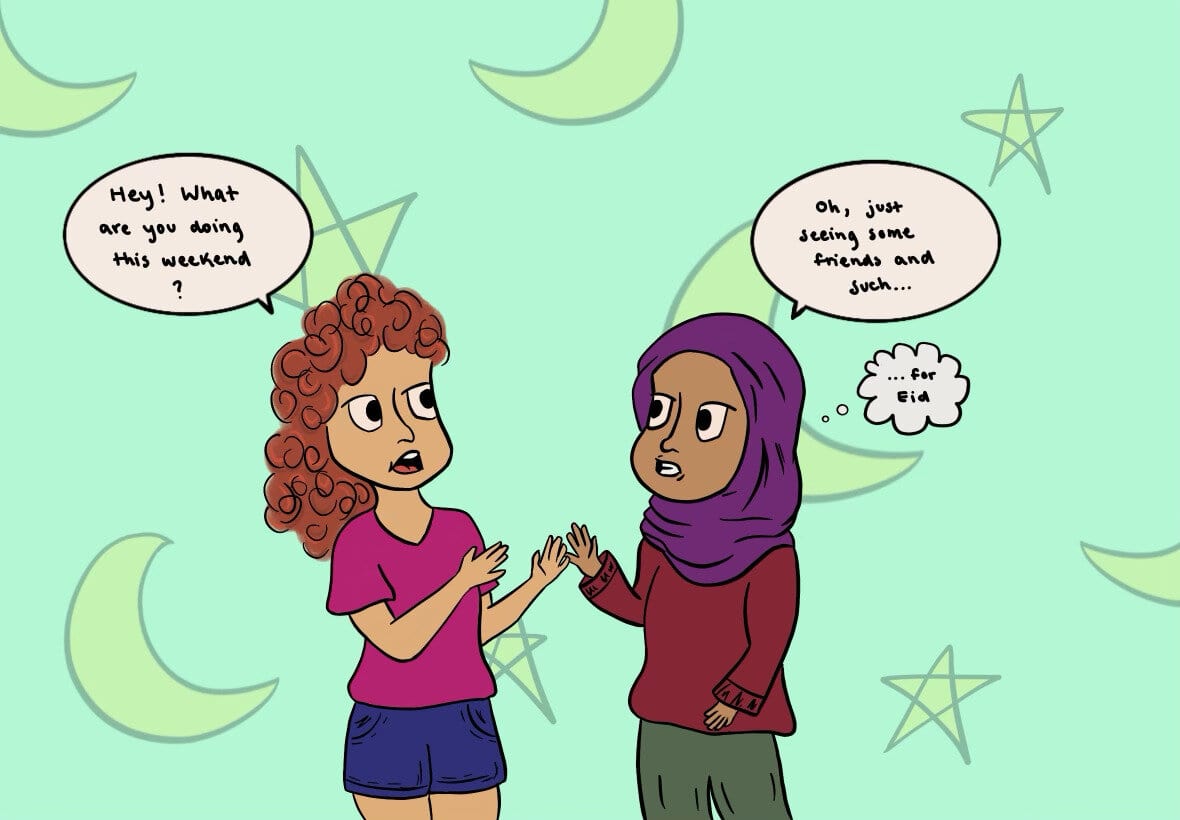I’m jamming out to the newest hit on the radio, singing and dancing along. All of a sudden, I hear something. That cannot be right. Did Meghan Trainor actually just say that?
More often than not, the most popular music hits of today contain insulting, inappropriate, demeaning and sexualized content. Even more disturbing is that individuals who hum along rarely realize what they’re singing about or simply don’t care.
Take the longest running number one single of 2013, “Blurred Lines,” by Robin Thicke, which numerous critics described as promoting rape culture and being overall misogynistic. The line from the chorus states: “I know you want it,” which echoes the too-often heard phrases “she was asking for it” or “it was her fault” that blame victims of rape or abuse. Despite the song’s overt sexism, it was nonetheless a hit, grossing 14.8 million dollars.
Another example is “Pumped Up Kicks” by Foster the People. The chorus says “All the other kids with the pumped up kicks you better run, better run, outrun my gun” portraying a school shooting, an issue that plagues the nation. However, I’m sure many students don’t actually know or haven’t thought about the meaning of the popular song.
Meghan Trainers’ newest song “Dear Future Husband” depicts traditional gender roles in a sexist manner. In the song, Trainer sings that she will “be the perfect wife buying groceries,” and in the music video she is shown scrubbing the kitchen floor. Trainer sings about expecting her husband to open the door for her, and other similar gestures. Gender roles have progressed and relationships are no longer defined by these outdated standards, but this song undermines this progress.
So why do people aimlessly listen to music, without thinking about the true, often insulting meaning behind it? Most of the time, an individual would never say the lyrics they scream at the top of their lungs.
Perhaps this says something about our society’s tolerance for ideas or images in the media, which are contrary to individual beliefs. “Fifty Shades of Grey,” for example, portrays a “BDSM” relationship. Despite the disturbing content and critics indicating that this relationship resembles one of domestic violence, people continue to flock to theatres to see the movie.
Songs and films such as the ones described, and the media in general, promote sexist, violent, and inappropriate attitudes. This creates an environment that implies that it’s okay to say or do this. You may not think that singing a song or seeing a movie is harmful, but by doing so you may be unintentionally supporting their messages.
And finally, what does this say about what we’re teaching the next generation? The little kid who is singing “Blurred Lines” at a Bar Mitzvah is being subjected to these distorted messages about women, men, and society. These are not meaningless words. These messages can and do seep into societal perceptions and attitudes, eroding and trivializing the hard-fought gains of important issues in society.
Stop passively listening to this music and take a stance against it. If you keep listening to the music, you keep buying the message.









